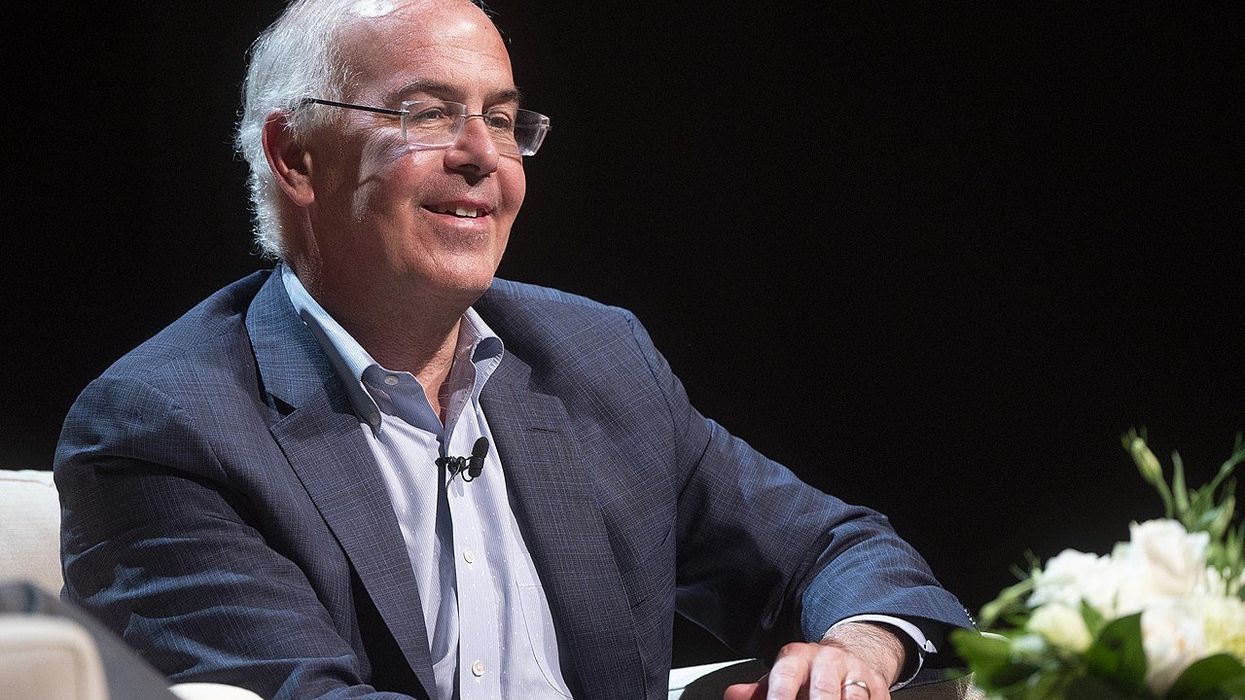David Brooks’ recent column in the New York Times, “Why I Am Not A Liberal,” claims that giving people money has failed as an anti-poverty solution because poor people lack the right culture and character.
Here we go again. Brooks’ characterization of poverty isn’t new—it’s an American tradition. It’s the same tired tropes I’ve been hearing since I was a kid and my family relied on CalFresh and MediCal to get by. We relied on government aid not because my parents were lazy, or that they didn’t want to work, but because they were working and it still wasn’t enough.
Let’s be clear: Poverty is a lack of cash, not character. It persists because policy solutions are piecemeal and exploitation is ongoing. Brooks claims that “we are pretty good at transferring money to the poor,” and then cites the increased government spending on welfare programs as proof that they haven’t worked. But according to the Center on Budget and Policy Priorities, for every dollar budgeted for Temporary Assistance for Needy Families (TANF) in 2020, poor families directly received an average of just 22 cents. As Matthew Desmond, author of Poverty, By America, explains, “The American welfare state is a leaky bucket.”
The goal should be simple: Get more of the money we spend on fighting poverty into the hands of people who actually need it. Guaranteed income does precisely that, providing direct cash to people with minimal administrative overhead. And it works. Research from more than 20 academic studies has found that guaranteed income increases financial resilience, improves food and housing stability, and gives families more time together. Not a single pilot has shown decreased employment among recipients of guaranteed income, and the vast majority of pilots have shown increased rates of full-time employment.
If we are serious about weaving America back together, then we need policies that provide stability and dignity, not arguments that fray the fabric further.
This game of blaming poor people for their outcomes has always been rooted in racism. By Brooks’ logic, white families must have the purest culture, since they have amassed the most wealth. That claim is not just wrong—it’s absurd. He even pines for the left to embrace old neocons like Democrat Daniel Patrick Moynihan—the same person who released the 1965 “Moynihan Report,” under President Lyndon B. Johnson, which blamed the problems facing Black Americans as more deeply rooted in “ghetto culture” than in discrimination, exclusion, and lack of opportunity.
David Brooks calls himself a cultural determinist, suggesting that poverty persists because people lack the “traditional values” that enable success. But this view misunderstands how poverty actually works in America. For most families, poverty is not a lifelong condition—it is a temporary spell, a risk that far too many Americans face after a layoff, a medical bill, or a family crisis. To reduce this reality to some imagined permanent underclass devoid of the right culture is both inaccurate and unfair.
What’s more, it runs counter to Brooks’ own work. In 2018, he founded Weave: The Social Fabric Project at the Aspen Institute to rebuild trust and strengthen communities through belonging and human connection. Yet when he turns to poverty, he abandons that spirit of unity—portraying families who are struggling not as neighbors working to get back on their feet, but as deficient in values. If we are serious about weaving America back together, then we need policies that provide stability and dignity, not arguments that fray the fabric further.
The toxic attitudes of Brooks and others toward poor people are the problem. Direct cash works because it fundamentally trusts people to solve their own problems. Guaranteed income expands liberty. It is the infrastructure of freedom—a floor sturdy enough to make every other solution possible.
Sukhi Samra is the executive director at Mayors for a Guaranteed Income.


